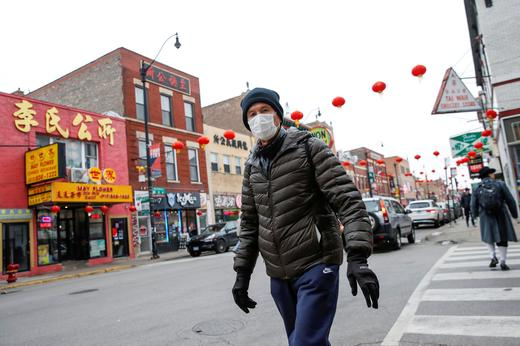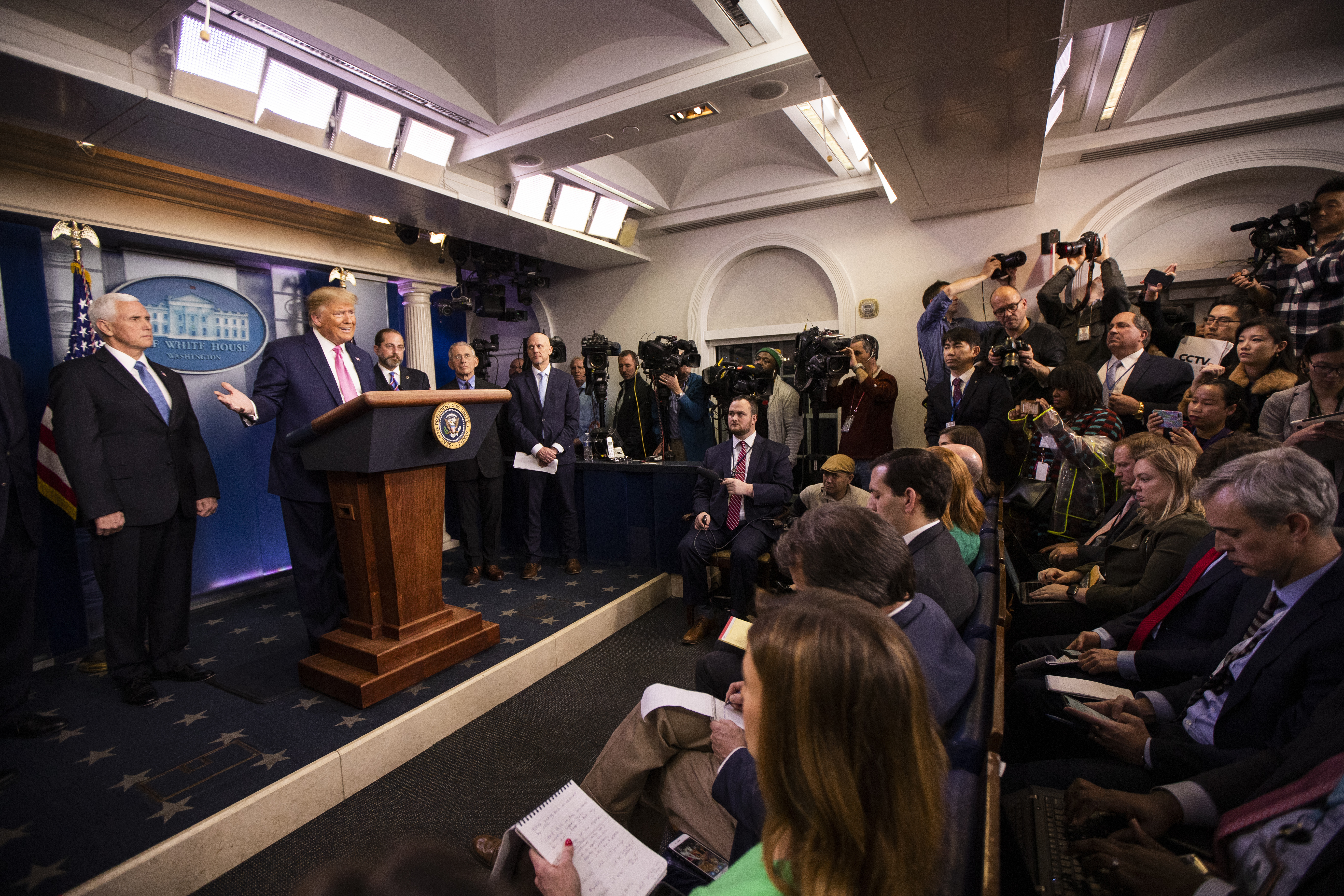As the number of confirmed COVID-19 cases increases around the world, scientists are racing to trace its source. The origin of COVID-19 has featured heavily in global discussion and a Japanese TV report recently added to social media speculation that it may have originated in the U.S.
In a story broadcasted by Japanese media outlet TV Asahi on February 22, it claimed that Americans who died of the flu may have unknowingly been infected with novel coronavirus. The report argued that because of the prohibitive cost of medical check-ups in the U.S., many residents who cannot afford going to the hospital and those with flu symptoms, may have suffered from coronavirus infection.
This was not the first time that questions were raised regarding the origin of the novel coronavirus. In the earliest days of the outbreak, the prevailing theory was that the virus came from wild life animals in the Huanan Seafood Wholesale Market. Yet a paper published in The Lancet on January 24 showed that 13 of the first 41 hospitalized patients had no link to the seafood market place in Wuhan.
Earlier last week, a new study by Chinese scientists from Xishuangbanna Tropical Botanical Garden, found that the virus may be imported from elsewhere based on a genomic analysis of the coronavirus. The study suggested that "the crowded market then boosted SARS-CoV-2 circulation and spread it to the whole city in early December 2019."
The study has yet to be peer-reviewed.

A man wears a masks in Chinatown following the outbreak of the novel coronavirus, in Chicago, U.S., January 30, 2020. /Reuters
A man wears a masks in Chinatown following the outbreak of the novel coronavirus, in Chicago, U.S., January 30, 2020. /Reuters
Amid doubts over the origin of the virus, speculation rose on Chinese social media that the novel coronavirus may have been originated in the U.S. Some social media users claimed that the virus was brought to China during the Military World Games held in Wuhan last year, though it was still by far largely speculative.
The coronavirus outbreak coincided with a flu season in the U.S. that has taken the lives of 10,000 Americans, according to the U.S. Centers of Disease Control and Prevention (CDC). It noted that the coronavirus's symptoms were similar to flu symptoms and reducing the number of people with seasonal influenza will reduce possible confusion with COVID-19 infection.
But there is no evidence to support the speculation that the coronavirus originated in the U.S., argued the CDC in response to inquiry from Chinese media. This comes at a time when the CDC announced that it would begin testing individuals for the novel coronavirus at public labs in major cities.

President Donald Trump and members of the president's coronavirus task force speaks during a news conference at the Brady press briefing room of the White House, February 26, 2020. /AP
President Donald Trump and members of the president's coronavirus task force speaks during a news conference at the Brady press briefing room of the White House, February 26, 2020. /AP
There is fear that the scale of coronavirus outbreak in the U.S. is likely to rise quickly. On Thursday, a person in California who was not exposed to anyone with coronavirus, and who had not traveled to countries with coronavirus, tested positive for the coronavirus infection.
This might be the first case of community transmission of coronavirus in the U.S., said the CDC, and it is a troubling sign that the infection may be spreading untraced in local communities.
Dr. Anne Schuchat, principal deputy director for the CDC, said during the Tuesday press briefing that although the trajectory of COVID-19 over the past weeks and months ahead is uncertain, the U.S. establishment can borrow its past 15 years of experience in dealing with the pandemic influenza, such as the 2009 H1N1 pandemic.